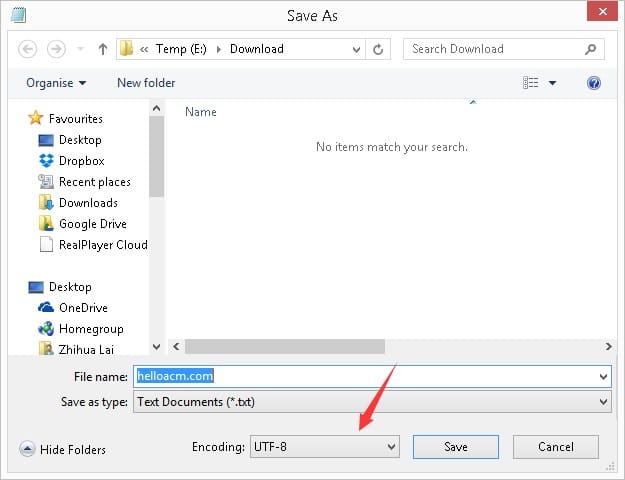Find Non Ascii Characters In Text File Notepad Online
Assuming that 'foreign' means 'not an ASCII character', then you can use find with a pattern to find all files not having printable ASCII characters in their names: LC_ALL=C find. -~]*' (The space is the first printable character listed on, ~ is the last.) The hint for LC_ALL=C is required (actually, LC_CTYPE=C and LC_COLLATE=C), otherwise the character range is interpreted incorrectly. See also the manual page glob(7). Since LC_ALL=C causes find to interpret strings as ASCII, it will print multi-byte characters (such as π) as question marks.


Click here to view this resume. Don’t forget to spell check before you save your resume as an ASCII file. Also, don’t use any characters that aren’t on your.
To fix this, pipe to some program (e.g. Cat) or redirect to file. Instead of specifying character ranges, [:print:] can also be used to select 'printable characters'. Be sure to set the C locale or you get quite (seemingly) arbitrary behavior. Example: $ touch $(printf ' u03c0') '$(printf 'x ty')' $ ls -F dir/ foo foo.c xrestop-0.4/ xrestop-0.4.tar.gz π $ find -name '*[! -~]*' # this is broken (LC_COLLATE=en_US.UTF-8)./x?y./dir./π. (a lot more)./foo.c $ LC_ALL=C find.
$ LC_ALL=C find. -~]*' cat./x y./π $ LC_ALL=C find.
-name '*[![:print:]]*' cat./x y./π.
Not only would you want to read just a certain number of rows into a buffer (for processing) at a time, but there is no reason to rely on RegEx or string comparisons for discovering special characters. In The Groove 2 Pc Game Download. For better performance, simply take every two bytes (it's encoded as Unicode-16, right?) as a 16-bit number and check to see if it falls within the range of 48-57 (numbers), 65-90 (upper-case letters), or 97-122 (lower-case letters). See ASCII/Unicode table for more details. Hope that helps! UTF 16 is varriable lenght, 1 or 2 byte per Character/Code Point. For string comparsion, never compare bytes!
That is bound to fall on it's face. Paypal Money Hack No Download 2014. View it as a string.
Compare it as a string. Process it as a string. Yes it is slower, but only because it inlcudes all the special cases that byte comparsion will not.
Let's talk about MVVM: http://social.msdn.microsoft.com/Forums/en-US/wpf/thread/b1a8bf14-4acd-4d77-9df8-bdb95b02dbe2. Hi Christopher; thanks for your response. The offered solution assumed that it was already known that the files were encoded with one 16-bit code unit per character. UTF-16 is variable length, but not as 1 or 2 bytes as you mentioned-- it's 1 or 2 code units, which in this case would be 1 or 2 16-bit code units.
It's not often you will run across a file encoded in UTF-16 that uses 4 bytes per character. If his code must handle both scenarios, then it can still determine the exact byte width per character (dynamically, in code) and go from there. For large documents I think this would offer a significant performance advantage and still work just as well as with any string comparison method.